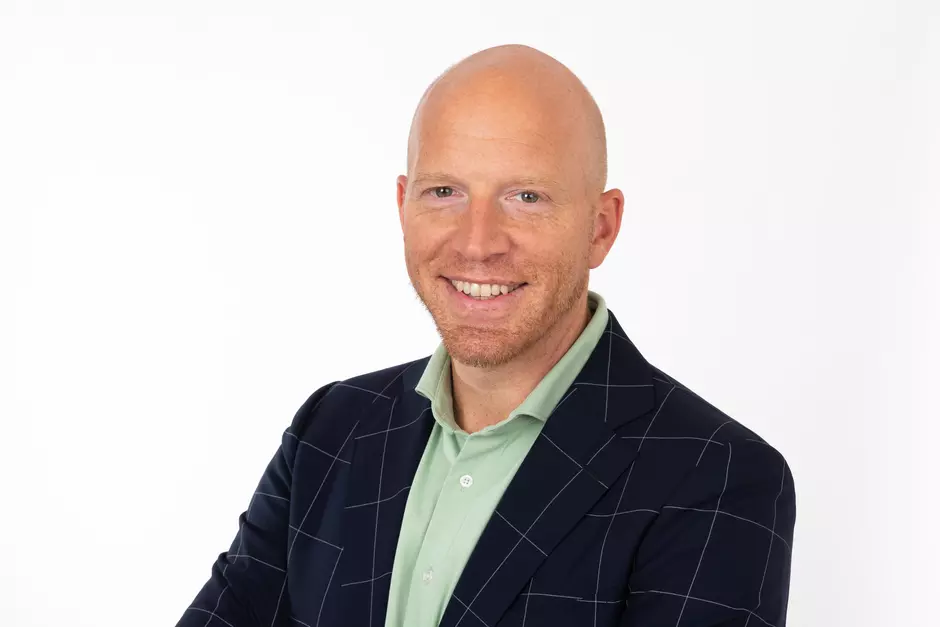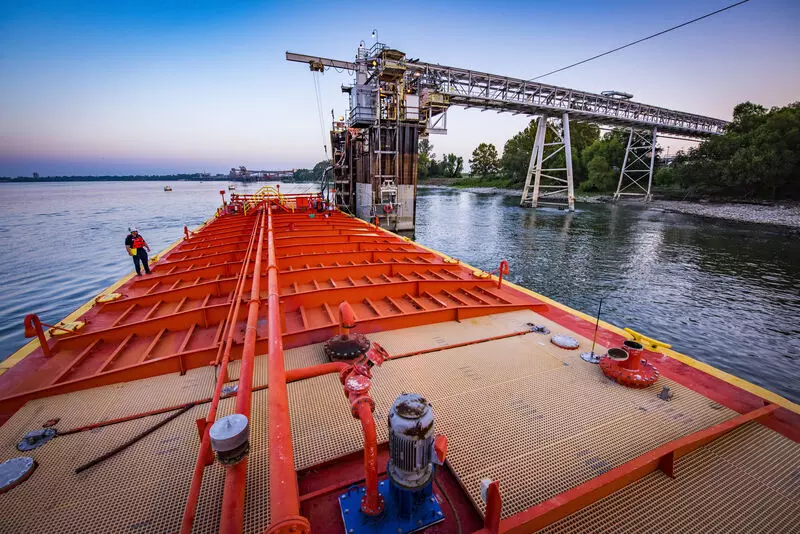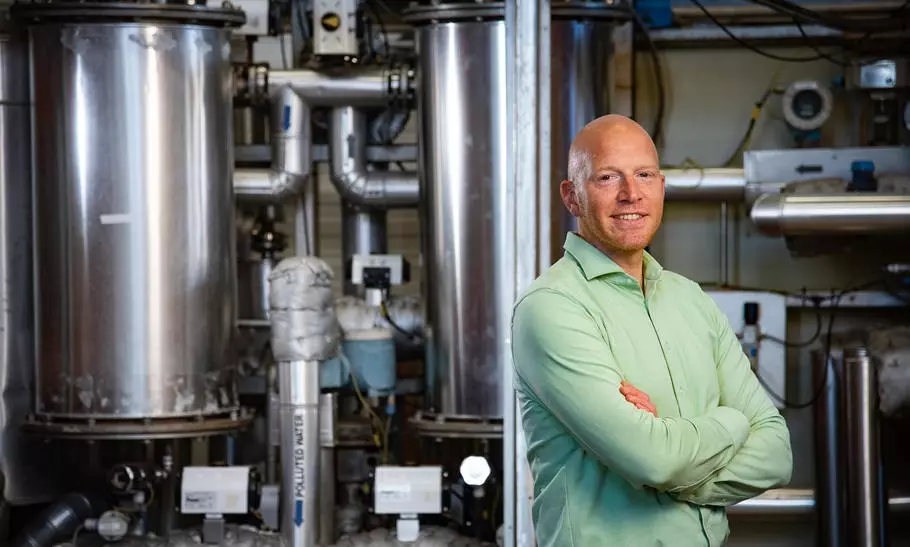In our expert spotlight series, we shine a light on our talented experts who share their personal journeys and tell us about their current roles at Veolia Water Technologies. Here we highlight Harm Uenk, the Product Manager for MPPE and TiPSS Technologies at MPP Systems.
Why did you join Veolia Water Technologies?
I joined Veolia Water Technologies through its subsidiary MPP Systems in 2012 - a decade ago. A company with a strong environmental vision was an important factor in my search. One of my must-haves is a setting that encourages personal growth and development. The bonus was being able to travel to work by bike. MPP Systems is a small business unit doing large international projects which require responsibility and a wide range of competencies. It's fascinating because there are benefits to working with both a small team and a large number of colleagues from around the world.

Can you share with us a bit about your career history?
I started as a Mechanical Engineer designing special machinery for the food and beverage industry at a mid-size company. Using the first 3D solid modeling software available on the market this company was pioneering by using state-of-the-art tools to optimise designs and manuals. As an engineer, I was able to put my knowledge and training to work at Veolia by developing standardised water treatment equipment. This has been shown to be a powerful combo, especially when combined with learning the process side of the job. My first project was to design, build and test a mini version of the Macro Porous Polymer Extraction (MPPE) technology for automated lab tests. Currently, I am responsible for the sales and projects of gravity oily water separation systems using tilted plates also known as TiPSS Technologies.
What are the biggest challenges customers are facing in the oil and gas industry?
The oil & gas (O&G) industry is concentrating on wastewater treatment as a result of the shift to more sustainable, demanding environmental regulations. This is valid for process water and run-off water. Facilities like refineries, tanker terminals, and thermal power plants are examples. In addition, we see a trend towards more projects in LNG and a transition to greener fuels like hydrogen and biobased fuels.

How can Veolia address these challenges?
Veolia's strength is assisting customers with the difficulties associated with zero liquid discharge in the current extremely volatile, uncertain, complex, and ambiguous world. As part of the Veolia family, I am inspired to help satisfy all stakeholders by taking a holistic approach to our solutions. Our expertise will help clients to better understand the impact of CAPEX and return on investment not only financially but also environmentally. For instance, by reducing discharge loads, customers will be able to avoid the high expense of water trucking and instead discharge to the municipal network at a lower cost.
Are there any key technologies that MPP Systems offer for the oil and gas industry?
MPP Systems has over two decades of experience in oil removal technologies. The process starts with the basic separation of oil and solids by gravity (API / TiPSS) followed by flotation (DAF) and filtration (CoaFil). We also have the Macro Porous Polymer Extraction (MPPE) technology which is the most unique and powerful technology used to remove hydrocarbons from LNG condensate in onshore and offshore applications. All systems have proven to be successful by running for over 30 years all over the world.

Read more about our offers for the oil and gas industry HERE.
Fun fact about you?
I used to play water polo for almost 20 years, so swimming in water is my second nature. 🙂



